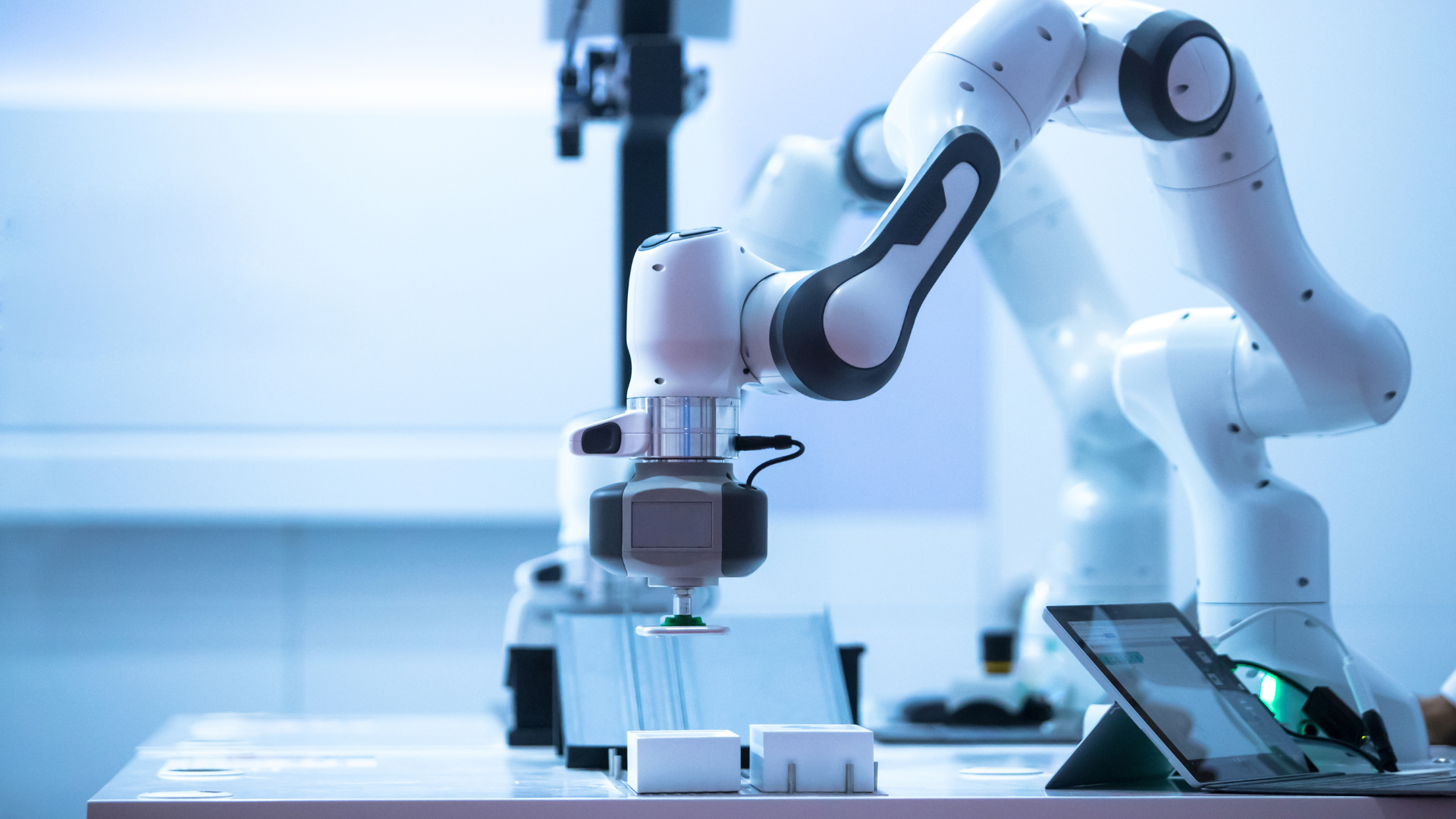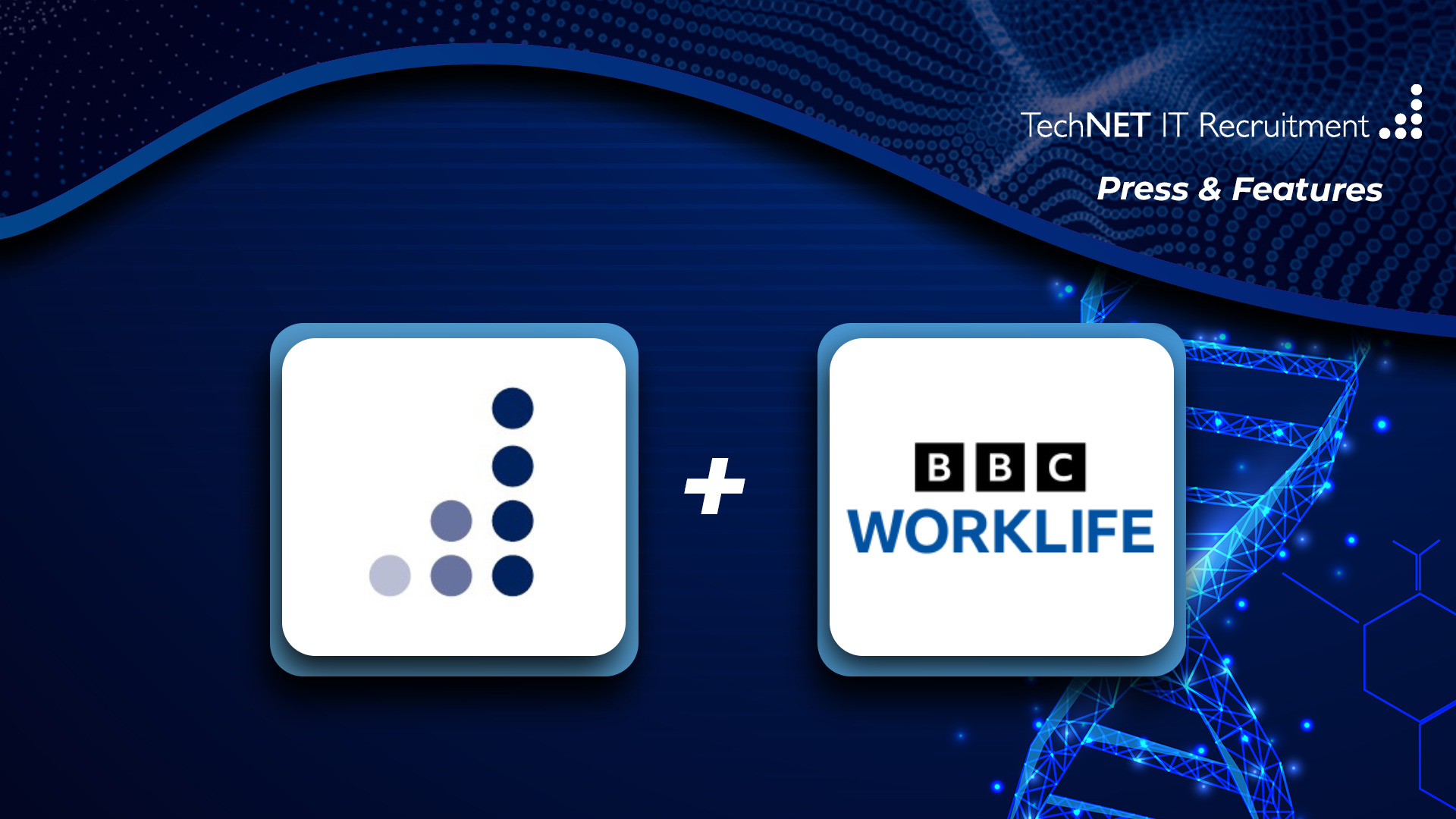

AI discovers NEW superbug-killing antibiotic
Artificial Intelligence (AI) has been harnessed by scientists to unveil an antibiotic capable of eradicating one of three superbugs.
Researchers from Canada and the US have emphasised that AI possesses the ability to significantly expedite numerous processes, including the identification of new drugs!
What is the superbug?
In this context, the specific superbug in question is known as ‘Acinetobacter baumannii’, which has been classified as a critical threat among a group of bacteria families by the World Health Organisation (WHO).
Notably, this bacterium is resistant to treatment and can transfer genetic material that encourages other bacteria to develop resistance as well. This poses substantial risks to hospitals, care homes, and individuals reliant on ventilators, blood catheters, or with open wounds from surgeries. In certain circumstances, it can also lead to pneumonia.
How is it spread?
The spread of this superbug is facilitated by its capacity to remain on surfaces and shared equipment for extended periods. Contaminated hands contribute to its transmission, resulting in patients becoming asymptomatic. This makes it considerably more challenging to identify, trace, and contain.
How can AI help?
AI has proven instrumental in combatting Acinetobacter baumannii.
Scientists employed an AI algorithm to identify a new antibiotic capable of actively fighting the superbug. Thousands of drugs with known chemical structures were tested on the bacterium to assess their effectiveness in slowing it down or eradicating it.
This approach allowed the AI algorithm to learn which chemical features of the drugs were effective in attacking the problematic bacterium. Subsequently, the algorithm was unleashed on a list of 6,680 compounds whose effectiveness remained unknown.
Astonishingly, within a mere hour and a half, the AI generated a shortlist, yielding nine antibiotics. Among them, the highly effective ‘Abaucin’ was discovered. However, further testing and clinical trials are necessary before Abaucin can be rolled out.
Significantly, Abaucin solely targets this specific superbug and does not affect other bacteria.
The future of AI
The implications of this breakthrough are substantial, as it showcases the potential of AI in streamlining and accelerating processes that traditionally require manual intervention.
Renowned figures in the field of medicine have expressed their enthusiasm for the future prospects of AI. Prof Dame Sally Davies, former Chief Medical Officer for England, and government envoy on anti-microbial resistance, enthusiastically endorsed the use of AI as a “game-changer” that will undeniably save lives.
This ground-breaking achievement opens gateways for AI to further benefit various aspects of healthcare. Its potential to enhance drug discovery processes and reduce associated costs compared to conventional manual methods is truly remarkable.
Interested in hearing more about these topics? Check out our blog for all of the latest tech content!






